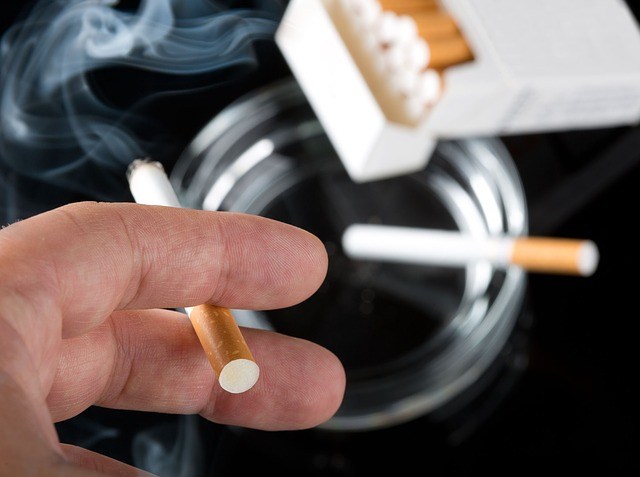The fight against cancer is an extremely important venture that regulators, rightly so, are putting at the front of their priorities.
This fight requires impartiality, a deep scientific knowledge, forward-looking vision, and the support of the citizens. However, it ought not to put the same citizens in danger without the understanding of the complexity of the challenge with the willingness to simply fight certain attitudes.
This is why, in the noble effort to protect consumer health by improving current regulations targeting tobacco products, regulatory bodies consult various sources and engage with experts to take the best decisions designed to protect their citizens’ health.
However, in this internet age where content can be freely created and distributed without accountability or real consequences, large amounts of misinformation regarding the role of filters in tobacco products is available, which if considered by regulators in the decision-making process, could contribute to more harm towards smokers and be a disservice to public health as a whole.
The scientific contribution supporting the role of filters used in tobacco products is paramount for the debate.
At the most basic level, tobacco products’ filters work through these main processes:
- Physical Filtration: Retention of particles from the smoke phase;
- Chemical Filtration: The adhesion of gases and liquids to the filter materials as the smoke passes through;
- Ventilation: In conjunction with cigarette design, small holes around the circumference of the smoking article paper allows for air dilution and thus reduced delivery;
- Other filtration materials: can be incorporated into filters to assist in the adsorption of compounds, e.g.: activated carbon.
In an independent study published in 2019 on the JAMA Network from the Hollings Cancer Center at the Medical University of South Carolina, researchers found that unfiltered cigarette smokers were nearly 40% more likely to develop lung cancer and nearly twice as likely to die of lung cancer compared with those who smoked filtered cigarettes. Additionally, all-cause mortality of smoking unfiltered cigarettes was nearly 30% higher than smoking filtered cigarettes.
Adding to this health evidence, we must highlight that there are currently no widely available, suitable alternatives to the filters commonly used in the market.
The European Single-Use Plastics Directive came into effect on 3 July 2021, and is already the blue-print for the majority of other countries working on regulations to restraint plastic pollution. Several countries in Asia are currently assessing the implementation of similar regulation, thus contributing to a push for non-plastic products. These new regulations are the driving forces for innovation in the field of new environmentally-friendlier materials and technologies and we are progressively seeing an increase on the intellectual property filed in this field.
The consumers are increasingly demanding more sustainable products, regulators are creating frameworks pushing for lifecycle strategies and investors are starting to favour initiatives with clear ESG targets. All studies support that better environment translates into better public health and the fight against cancer must also reflect this influential holistic approach.
Taking these scientific evidences in consideration, the decision-makers should consider a debate with different stakeholders, to understand the importance of the arguments here presented. Science evolves and this evolution can become contradictory with the empirical knowledge. A serious and transparent debate, where stakeholders are invited to present and discuss the results of such scientific findings is essential to guarantee better regulations. On this basis, it is important to make the public opinion, and particularly the European Parliament aware of the above-mentioned facts.
The European Parliament has the responsibility to nurture such debate and after hearing all interested parties and assessing scientifically proven facts, fulfil its mandate and issue regulations. Neglecting the debate is unwise and certainly not in the interest of the citizens. The more debate, the better.
To conclude, the Trillet-Lenoir report should take in consideration recent scientific facts and debate them to create, out of an important and noble legislation, the best outcome possible.


